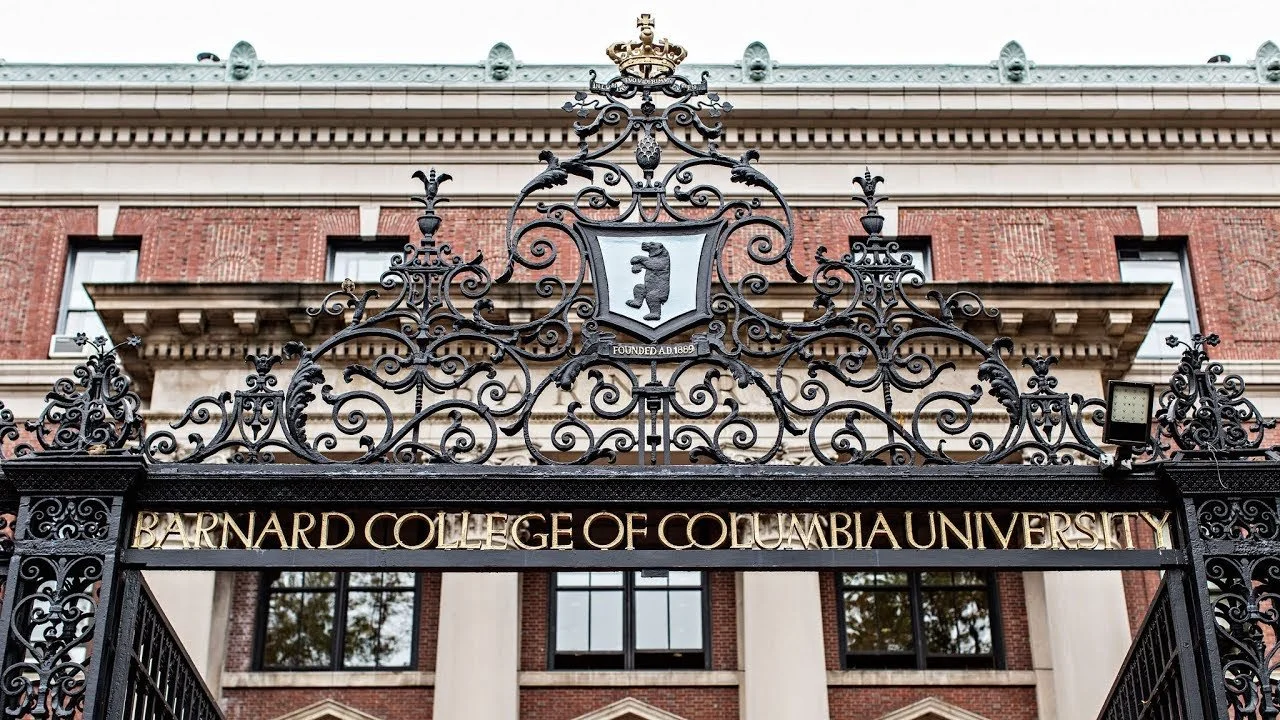The Latest on a Tech Giant's Giving for STEM and Workforce Development
/Last year, Google CEO Sundar Pichai laid out his company's five-year, $1 billion philanthropic roadmap centered on education, economic opportunity and inclusion.
As we noted at the time, the effort was infused with an element of self-interest. Building a workforce fit for the digital economy strengthens the talent pool available to Google and other active corporate funders in the STEM space, like Microsoft and Intel. And providing digital solutions to educational challenges in the developing world (and here at home) gives these companies a foothold in new and emerging markets.
At the same time, the underlying workforce development challenges here are very real. And plenty of private foundations are also focused in this area, as we often report.
As Pichai noted, by 2020, one-third of jobs will require skills that aren’t commonly found in today’s workforce. "To address this challenge, we’re funding organizations that are using technology and innovation to train people with new skills, connect job-seekers with high-quality jobs, and support workers in low-wage employment."
Meanwhile, women continue to be woefully underrepresented in the tech field.
So how has Google's strategy played out over the last year or so? For some answers, let's turn to a string of gifts earmarked for STEM education and workforce development.
Google recently announced a $1.5 million grant in support of the University of Colorado Boulder’s global STEM education project, dubbed, PhET Interactive Simulations, and rent-free space for the CU Boulder-founded National Center for Women & Information Technology (NCWIT).
The PhET project, which was founded in 2002 by Nobel laureate and former CU Boulder Distinguished Professor Carl Wieman, allows students in elementary school through college to "explore the inner workings of atoms, build electronic circuits, and more."
The new support, part of Google's $50 million initiative focused on closing learning gaps in developing countries, will enable PhET to make its simulations more accessible to students with disabilities and in countries like South Africa, Indonesia and Mexico.
"This grant will help us to bring high-quality STEM resources to more students who are in greater need and who don’t have access to lab equipment in the classroom," PhET Director Kathy Perkins said.
The NCWIT, meanwhile, provides community for more than 1,100 learning institutions and government entities to increase interest and opportunity in computing for girls and women. The six-year lease agreement with NCWIT was valued at $1.3 million.
"NCWIT is central to CU Engineering’s drive for gender equity across our college community," College of Engineering and Applied Science Dean Bobby Braun said. "They serve as a model for the pursuit of gender equity in STEM fields across the nation."
Students of Google's philanthropy know that closing the tech gender gap is a big priority for the company.
It's #40Forward program provides program assistance and $1,000,000 in funding to partner organizations that are increasing the representation of women entrepreneurs in their startup communities. Google has also supported Chicago's tech incubator and FEMTech, both of which work to cultivate female tech entrepreneurs, as well as Girls Who Code.
Google's gift to CU Boulder came a few months after it awarded $1.5 million to the technology education nonprofit Actua, $400,000 for Canada's University of Waterloo’s Women in Computer Science initiative, and $200,000 for Engineering Science Quest to boost digital skills among Waterloo youth.
Google's efforts to diversify the STEM workforce also extend to historically underrepresented demographics.
Back in 2010, it began awarding RISE awards—grants of $15,000 to $50,000 that focus on educating girls, minorities and low-income students up to age 18 in computer science, helping to prepare them for workforce jobs at places like Google.
More recently, last year, the company gave a $1 million grant to the Hidden Genius, a nonprofit working to increase the representation of young black men and boys in STEM. And a month later, Google awarded a $1 million grant to Chance the Rapper's nonprofit, SocialGroups, and $500,000 to the Chicago Public Schools, to bring computer science education to area students. There have been other related grants, too.
Bottom line, here? Roughly a year after Pichai's announcement, Google's strategy—methodical, broadly distributed, workmanlike—is coming into sharper focus.
The grant amounts may not make your head explode, especially given the fact that Google's parent company Alphabet's net income for the first quarter of 2018 stood at $9.4 billion. But it's important to remember that impact is relative. NCWIT, I suspect, isn't going to argue with six years of free rent.
Nor does the positive PR hurt Google's brand. As we noted on the heels of Pichai's announcement, Google could use some good press right now. The company has come under increasing fire from critics who view it as a threat to open markets, personal privacy, and even to democracy itself.
Brad Feld, the managing director of Boulder VC firm Foundry Group, didn't allude to these concerns when writing in Medium about Google's gift to UC Boulder. "It makes me extremely happy to see a #GiveFirst approach from Google in our startup community, along with the extensive support for NCWIT," he said.
In related news, check out our analysis on tech company VMware's recent $15 million gift to launch Stanford University’s VM Women’s Leadership Innovation Lab.







































